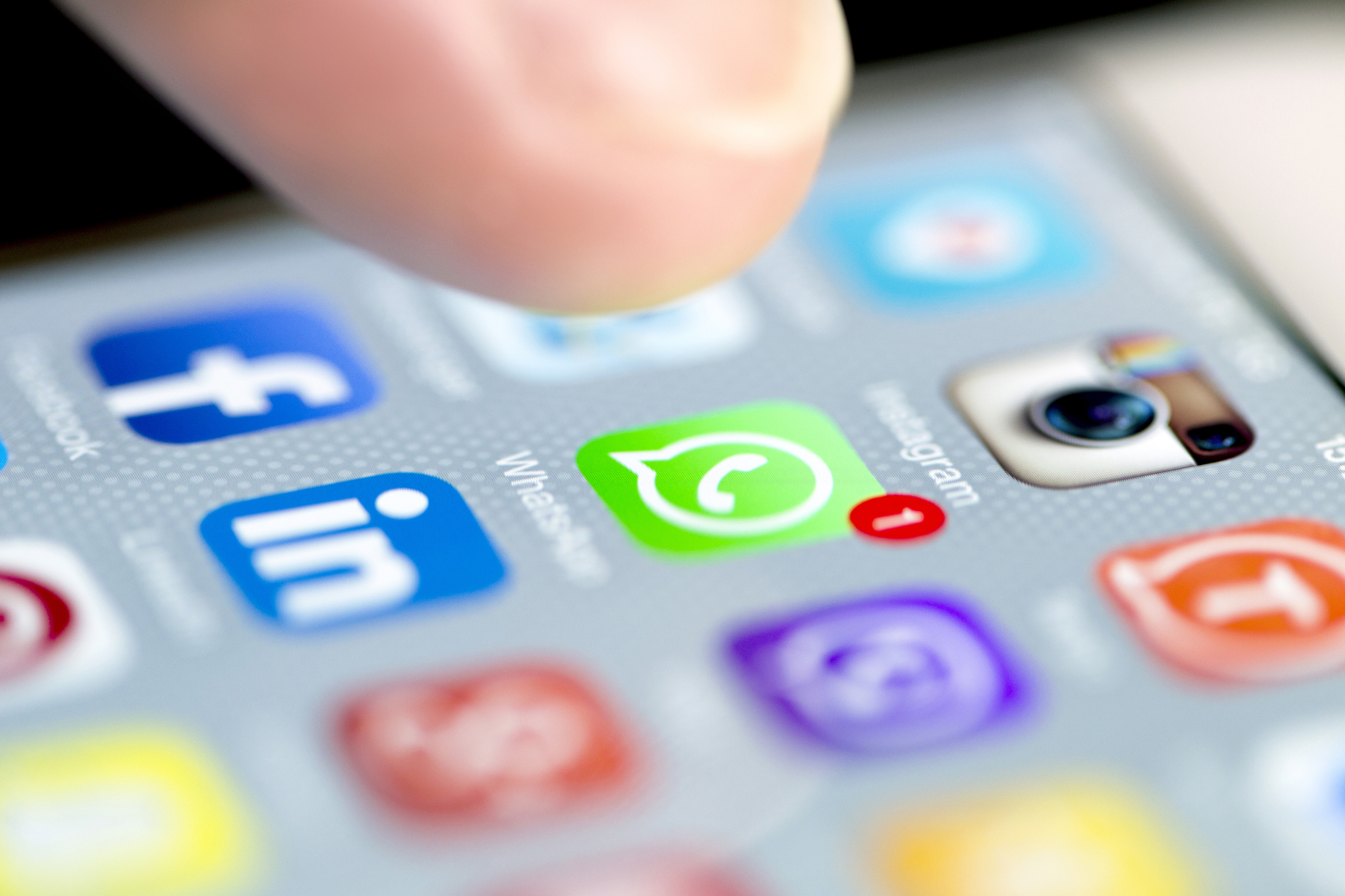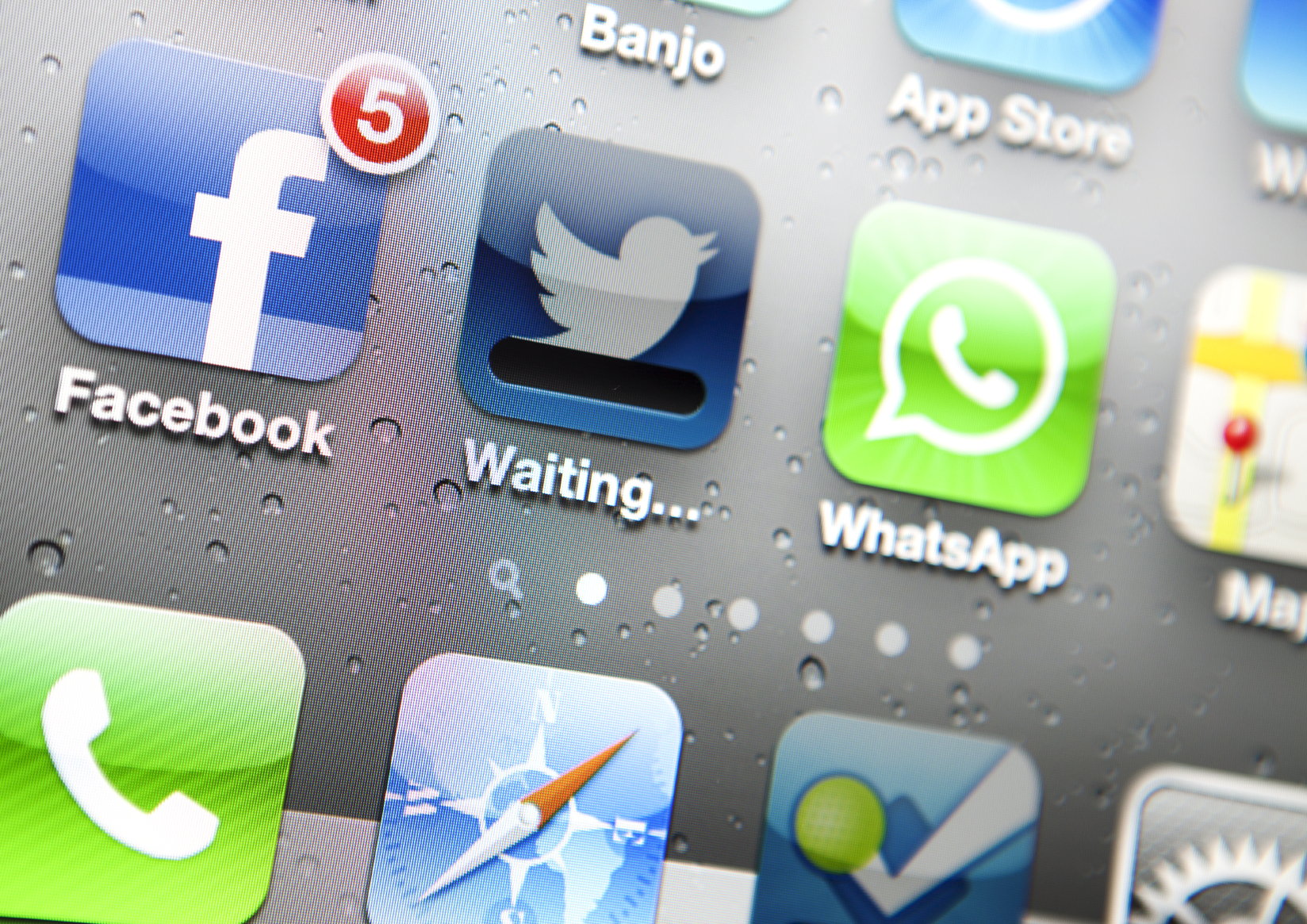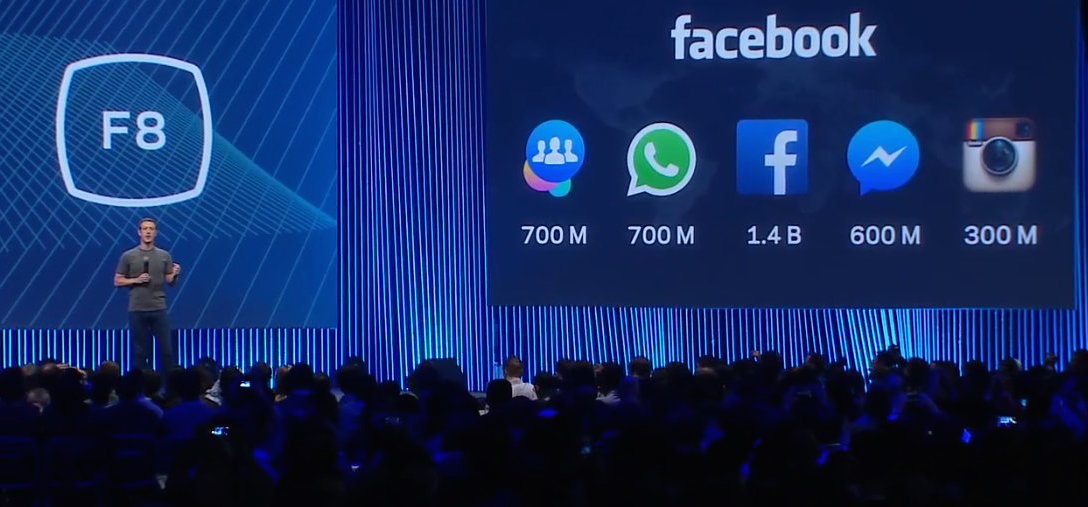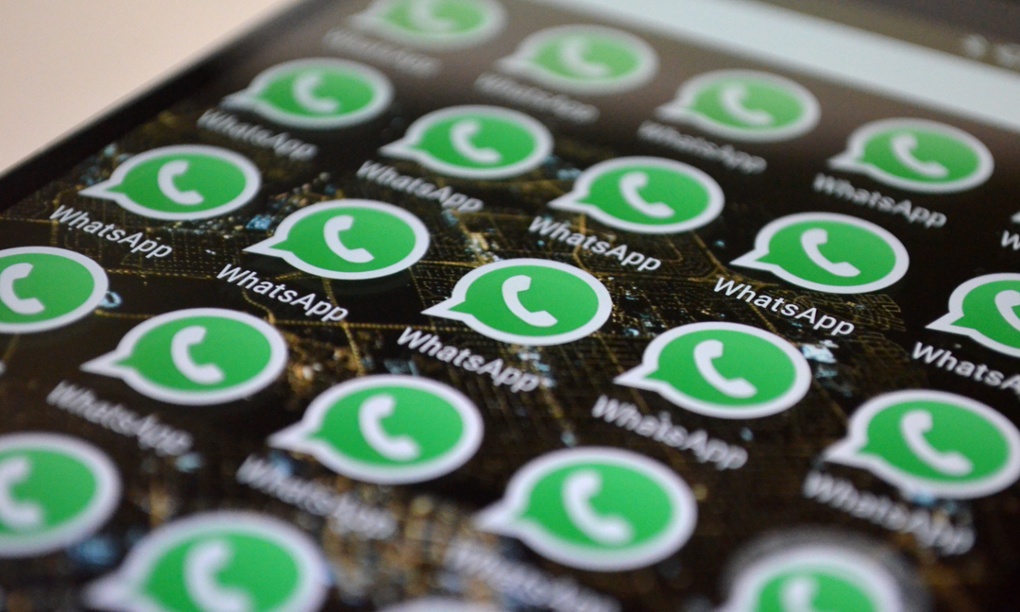What Happened
Facebook continues its quest to curb Snapchat’s growth as it updated WhatsApp on Tuesday to launch a new Status feature that let users post gifs, photos, and videos that disappears after 24 hours. With an interface similar to Snapchat and Instagram Stories, multiple Status updates within a day will be stringed together as a loop of content. WhatsApp plans to roll out this feature to all global users throughout this week.
What Brands Need To Do
If recent reports claiming that Instagram Stories has been successful in slowing Snapchat’s growth were to believe, this will no doubt be another blow to Snapchat courtesy of Facebook. Given WhatsApp’s over 1.2 billion monthly active users worldwide, this new feature is set to particularly curb Snapchat’s international growth.
While this could be an interesting gateway for Facebook to introduce media content and ads into WhatsApp, so far the messaging app has remained ad-free as it carefully mulls over plans for monetization. However, there have been brands, such as lingerie brand Agent Provocateur, that leveraged WhatsApp’s one-on-one chat to intimately connect with customers and offer product recommendations. The launch of Status introduces a new tool for brands looking to share content with fans in an exclusive, private manner.
Source: TechCrunch





